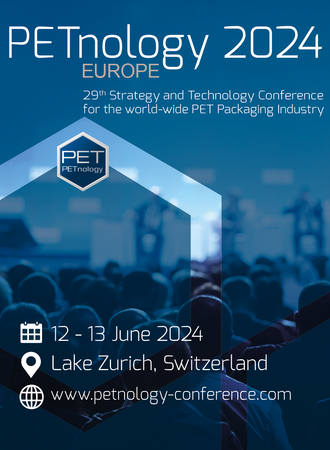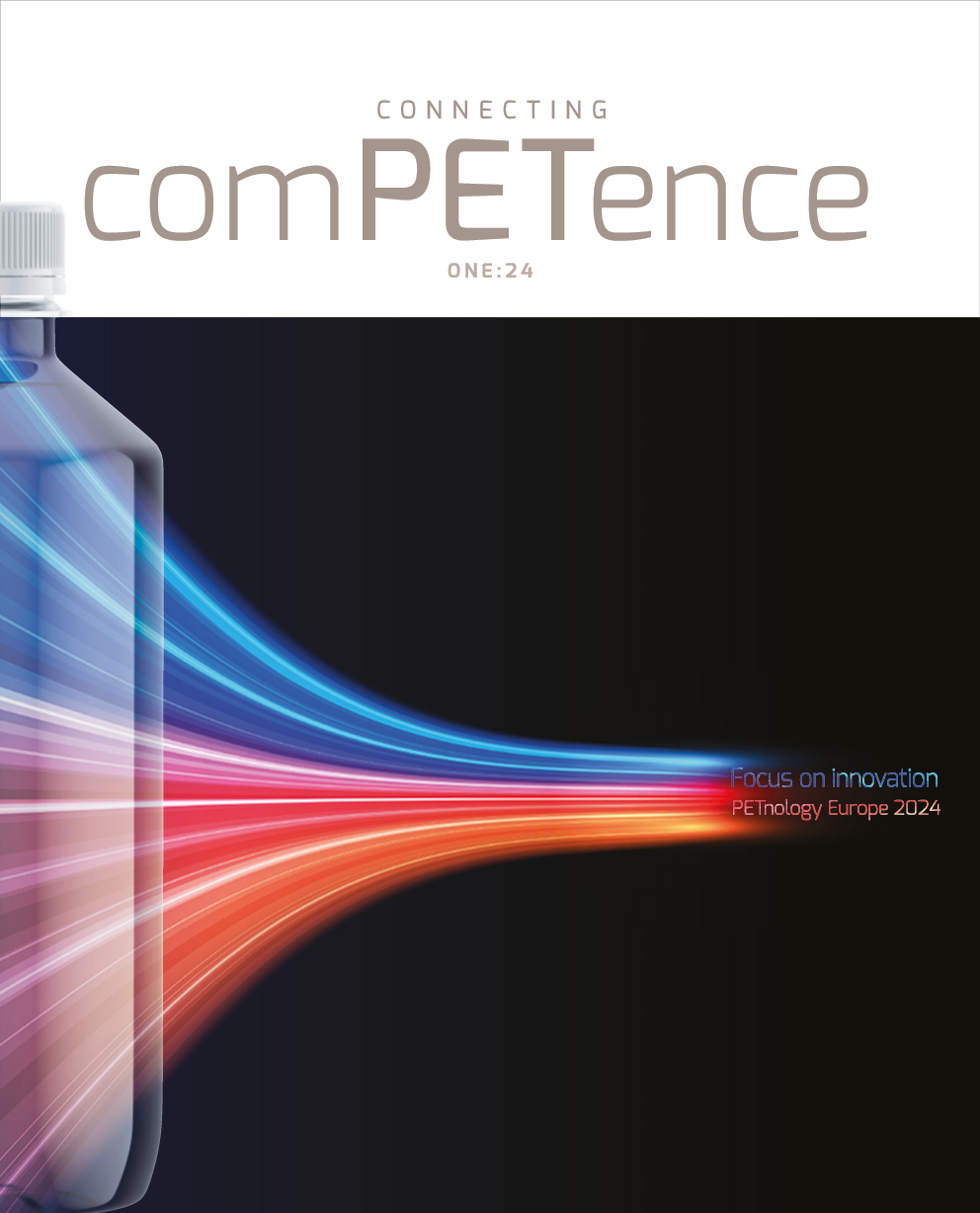Interview with Manfred Hackl, CEO of EREMA
by Kristin Weil, VDMA
Is the amount of recycled plastic increasing?
Manfred Hackl: The mass flow of plastic has generally increased everywhere due to its subsequent treatment and its increased use in more and more areas. Therefore, recycling also needs to be increased to fulfil the recycling rates. Regarding recycling rates, you can observe an increase as well, however, unfortunately not to the extent we would like. That’s why many initiatives of those involved along the plastic chain are required to increase circular economy further – be it by the European legislation, and also by conscious consumers.
It could not be achieved without political requirements?
Hackl: Legal requirements are helpful because you can achieve that the big brand manufacturers put a
focus on circular economy, for example. Overall, it is about using more regranulate. A political frame also supports that the entire plastics industry jointly develops products and processes with which the circle can be closed further. This cannot only be done by increasing the recycling rate, the key market for the regranulate also needs to be extended. Otherwise it might come to a price decline of the regranulate which will not help anybody in the business. This is only possible if the processors use more regranulate and if their customers - the brand manufacturers - openly communicate the advantages. They have to say: yes, my packaging also contains regranulate.
That means, the impulse should come from the brand manufacturer?
Hackl: It depends on the brand manufacturer. I always like to use the example of PET bottles. For PET, the recycling rate is already very high, the circle is already highly closed. 15 or 20 years ago, the big beverage producers made a commitment to recycling. With this, they started a market for regranulate in the first place. And only afterwards, collection systems came into existence which increased the recycling capacities. Admittedly, the PET bottle is also a very recyclable product. As for other plastics, like Polyolfine, more effort should be put into the creation of such products.
What is the opinion of the brand manufacturers about that?
Hackl: We are sending clear signals that they are ready for it. By now, there is a vacuum cleaner, for instance, that consists of regranulate. The manufacturer does not hide this but is instead open about it because they want to show that they rely on a sustainable circular economy. Especially with the big brands, you can notice progress with regards to the question. This rethinking can be traced back to several factors like opportunities to lower CO2, or also the measures of the EU concerning circular economy.
Political pressure is important, you say. What’s the role of sustainability as sort of public pressure?
Hackl: It is a pressure that has strongly increased over the past years. Also due to pictures of plastic waste in forests or the sea. Plastic has received a negative image in the public because of this. The entire plastics industry is required to take or suggest measures to actively improve the image of plastics. People always forget how useful it is to our society. Just think of medical technology, lighter cars thanks to plastic parts, or the hygienic packaging of food. We would not have our high living standard if we did not have plastics.
Does the plastics industry already have all technologies to close the circle completely
Hackl: To claim such a thing would be impudent. However, with the technologies that already exist on the market today, you could already close the circle more. You would not need new technologies to produce twice or three times as much regranulate. On the other hand, this does of course not mean that we have a development stop. Three or four years ago, you could not imagine that you could make recyclate of such a high quality that you can almost use it like virgin material. Today it is state-of-the-art.
Which market opportunities result from this?
Hackl: There are market opportunities for everyone involved. Not just for the recycling industry, but also for the entire plastics industry. I am convinced that a closed circle will give a positive boost to the image of plastics.
How important is a recycling-oriented product design?
Hackl: It makes a lot of sense. Again, the PET bottle is a good example of it: Glues and labels that were difficult to recycle were replaced by more easily recyclable ones. Such good approaches should find imitators in other areas. It is important, however, not to lose out on functionality. What use would it be if a film packaging did not protect the food sufficiently anymore, but was easy to recycle? However, I can see promising ideas. There are already new product makers that do not make a product with a multi-layer film, but with a much more easily recyclable single-layer film. While maintaining full functionality, of course.
Erema is involved in the Ceflex project. What do you hope to get out of it?
Hackl: Ceflex is a consortium of European companies from the plastics industry that all come from the area of flexible packaging. They include raw material producers, processors, end customers and recyclers. It is their aim to show that the product circle is also possible for flexible packaging, like film. Even some people in our industry still believe you can recycle any kind of plastics but film. That’s not true. We want to show what is already possible and we want to progress together. With this project, too, we would like to improve the image of plastics. We could jointly show as a European industry how you can close the circle for plastics. We can advance innovations in the plastics industry.
www.erema.com
www.vdma.com 











